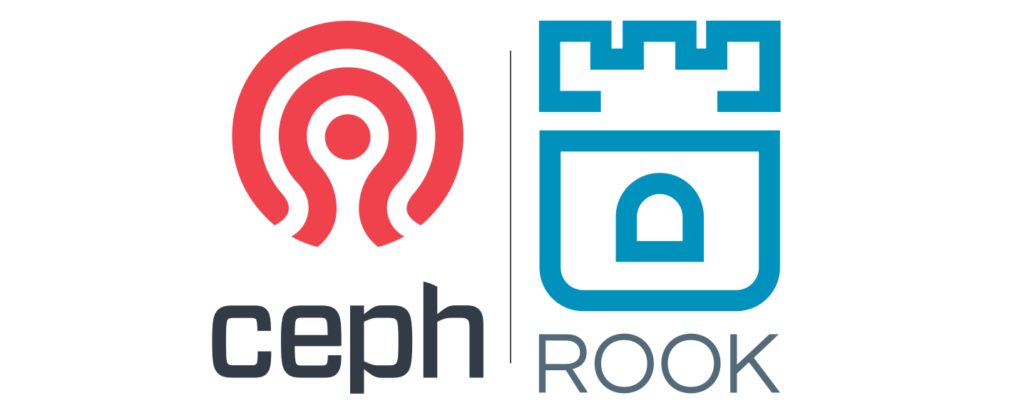Rook is an open source, cloud-native storage orchestrator for Kubernetes. It makes it simple to manage and scale storage for applications running in the cloud. It is designed to integrate seamlessly with applications running on a Kubernetes cluster, such as databases, message queues, and containerized applications.
Rook provides the ability to deploy, configure, manage, and maintain storage services. With Rook, you can easily create and manage distributed storage systems like Ceph and more. Rook simplifies operations with its automated reconciliation loops that continuously ensure the desired state of the storage clusters are maintained. This helps to ensure high availability of your data.
Rook provides features such as automatic backup and recovery, data replication, and data encryption. Data replicas placed across multiple nodes provide redundancy, making it possible to recover data even if one node fails. Data encryption ensures that only authorized users have access to the data stored in the cluster.
Rook also simplifies operations by providing powerful automation capabilities. Automation allows IT administrators to configure and manage their storage clusters quickly and efficiently. This includes automating disk management tasks such as storage pool creation, volume expansion, snapshotting, and replication. Additionally, Rook’s integration with popular orchestration frameworks such as Kubernetes, OpenShift, and Docker Swarm helps to simplify the deployment and scaling of applications on top of the storage clusters.
Rook integrates with Ceph, a distributed storage system that is used to store and manage large amounts of data. Ceph is a software-defined storage solution, so it can be deployed on any hardware platform and is highly scalable. It supports multiple protocols, such as NFS, S3, SMB, and iSCSI, allowing applications to access data stored in the cluster efficiently.
Rook and Ceph can be used in tandem to build a highly available and cost effective storage system. With Rook, you can automate data protection, monitoring, and maintenance functions, while Ceph delivers a reliable and highly scalable distributed storage system. Together, they provide a great platform for storing and managing data in the cloud.




